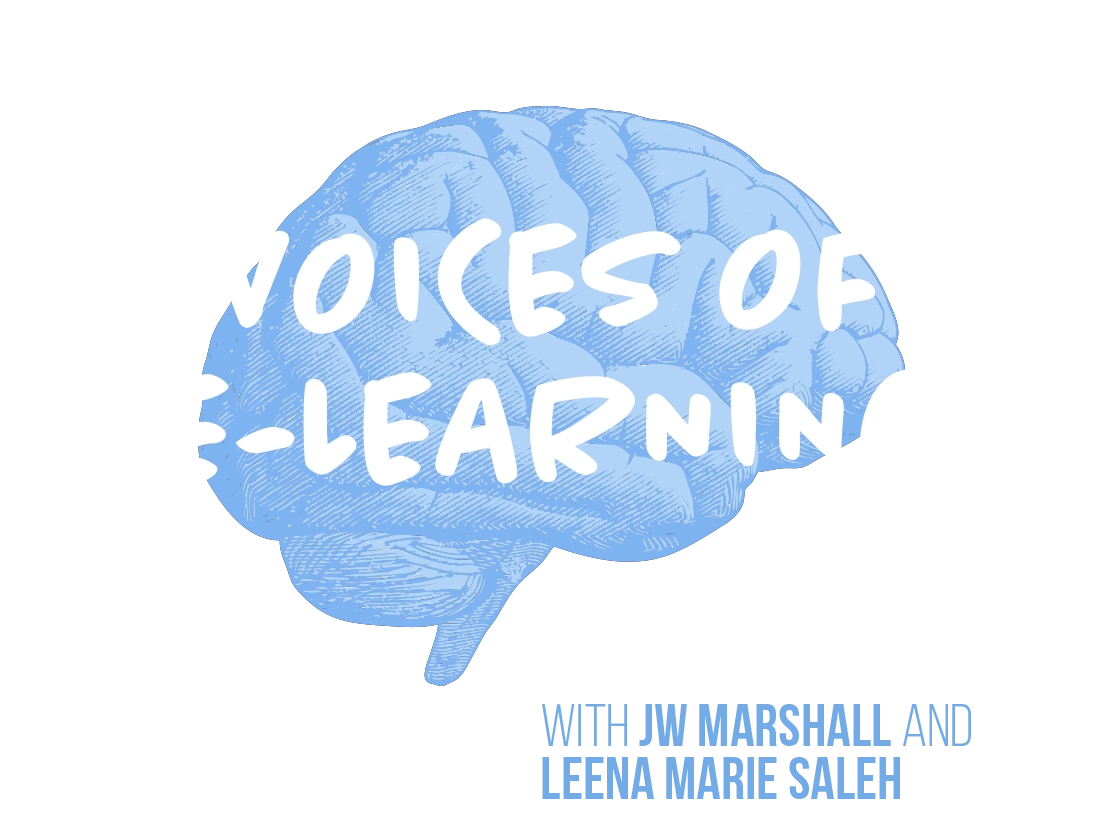How Khan Academy and AT&T Focus on Learning Gains Not Losses
Celebrating the leaders and experts that are powering education into the future, MarketScale sets out to ask the “right questions” in EdTech to understand the changes in policy and technology that will power our universities, tradeschools, and companies – and drive growth in upskilling certifications.
Khan Academy Founder Sal Khan and AT&T Assistant Vice President, Corporate Social Responsibility Mylayna Albright brought their unparalleled insights to MarketScale’s Voices of eLearning.
The episode will source the industry leaders’ insights about learning loss – and explore why, in the face of a year of disruption, Khan Academy and AT&T are focusing instead on engineering learning gains that will elevate students’ experience as they return to campus this fall.
Khan Academy and AT&T are working alongside one another to bring solutions to students across the country, including new educational content. AT&T contributed $3 million to Khan Academy, which will “support personalized student learning, including free virtual summer camps for students” and “help stem learning loss, narrow the homework gap and deliver high-quality learning experiences anywhere today’s connected students learn.”
The digital divide is of chief concern to educators and edtech innovators, and Voices of eLearning host JW Marshall has invited Khan and Albright to this industry-leading edtech platform to help audiences understand ways the nation’s educational system and other governing bodies are working to address that gap.
Listen to Previous Episodes of the Voices of eLearning!
Follow us on social media for the latest updates in B2B!
Twitter – @MarketScale
Facebook – facebook.com/marketscale
LinkedIn – linkedin.com/company/marketscale




